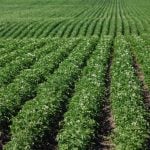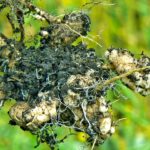If there is one book you should read during this summer of relentless sun and sweltering heat, pick up a copy of A Road to Fossil Fuel Free Farming by Manitoba farmer and researcher David Rourke. Despite the heavy subject matter, it has all the elements of a compelling read — a character worth knowing,[...]












